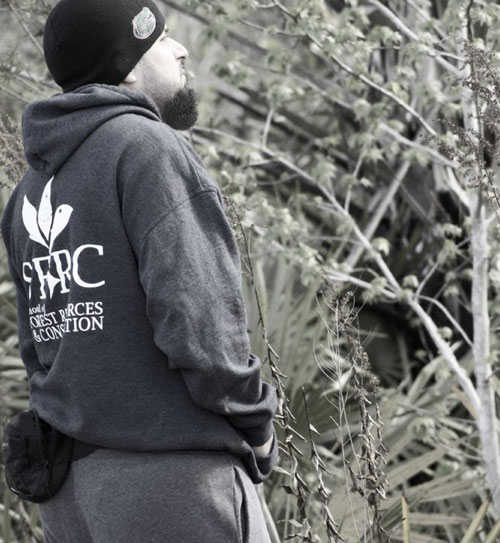ABOUT ECOLOGICA
The Need for Conservation Genetics
Conservation genetics is the application of genetics to understand and reduce the risk of population and species extinctions. It deals with genetic factors causing rarity, endangerment and extinction (inbreeding and loss of genetic diversity), genetic management to minimize these impacts, and the use of genetic markers to aid in resolving taxonomic uncertainties in threatened species, to understand their biology, and in wildlife forensics. It is an applied discipline drawing on evolutionary and molecular genetics and genomics.
The need to conserve species arises because the biological diversity of the planet is rapidly being depleted as a direct or indirect consequence of human actions. An unknown but large number of species are already extinct, while many others have reduced population sizes that put them at risk. Many species now require human intervention to ensure their survival.
Meet The Creator

Background: Biotechnology, Evolutionary Biology, Computer Science, Ecological Restoration
Website: www.tommyrodriguez.me
"Thus, from the war of nature, from famine and death, the most exalted object of which we are capable of conceiving, namely, the production of the higher animals, directly follows. There is grandeur in this view of life, with its several powers, having been originally breathed into a few forms or into one; and that, whilst this planet has gone cycling on according to the fixed law of gravity, from so simple a beginning endless forms most beautiful and most wonderful have been, and are being, evolved."
~ Charles Darwin
Make a Donation Toward Scientific Research
We can only do this with help from individuals like you.
